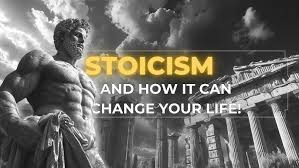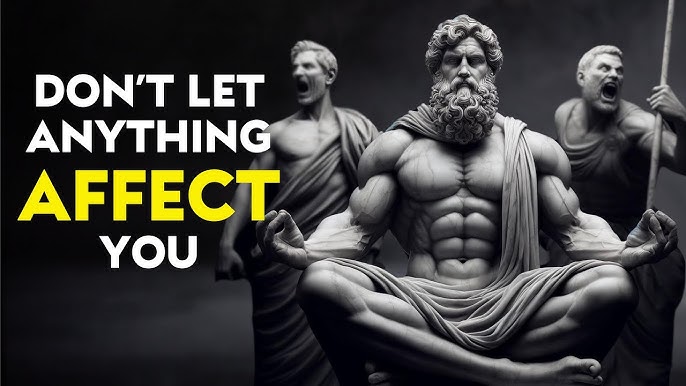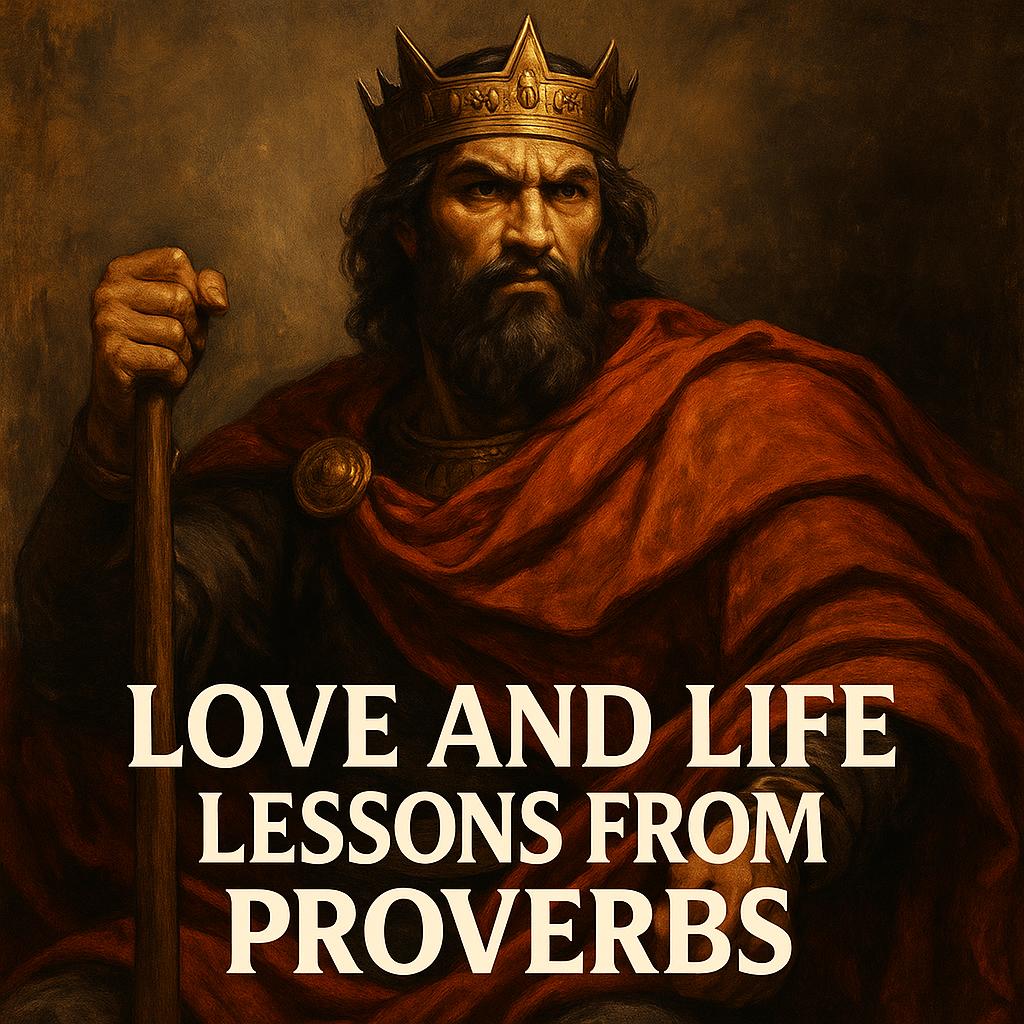Mastering Life Through Stoicism: A Man’s Guide to Ancient Wisdom for Modern Times
In a world saturated with distractions, pressures, and emotional volatility, Stoicism offers men a time-tested framework for resilience, focus, and inner peace. Rooted in ancient Greek and Roman philosophy, Stoicism is not about suppressing emotions or retreating from life’s challenges, but rather mastering them. It’s about choosing virtue over chaos, clarity over confusion, and discipline over indulgence.
In this guide, we’ll break down the core principles of Stoicism, highlight quotes from legendary Stoic thinkers, and provide practical, actionable advice on how to implement Stoic wisdom into your daily life.
What Is Stoicism?
Founded in the 3rd century BCE by Zeno of Citium, Stoicism teaches that we cannot control external events, only our responses to them. The ultimate goal is to achieve eudaimonia — a flourishing, contented life through living in harmony with reason and virtue.
At its heart, Stoicism asks: What can I control? And then it answers: Only your thoughts, actions, and judgments.
The Four Cardinal Virtues of Stoicism
The Stoics believed that living according to virtue was the path to a good life. They defined virtue through four cardinal pillars:
- Wisdom: The ability to navigate life logically and make sound decisions.
- Courage: Not the absence of fear, but doing what is right in the face of it.
- Temperance: Self-discipline and moderation in all areas of life.
- Justice: Treating others fairly and with integrity.
“Waste no more time arguing about what a good man should be. Be one.” — Marcus Aurelius, Meditations
Core Stoic Principles and How to Apply Them
1. Control What You Can, Let Go of What You Can’t
At the center of Stoic practice is the dichotomy of control:
- In your control: Your thoughts, actions, values, and effort.
- Out of your control: Other people, the past, outcomes, the weather, and even your reputation.
Application:
- Focus on inputs, not outcomes.
- Don’t obsess over social media likes or promotions. Instead, focus on showing up fully, every day.
“You have power over your mind — not outside events. Realize this, and you will find strength.” — Marcus Aurelius
2. Premeditatio Malorum (Premeditation of Adversity)
The Stoics practiced visualizing worst-case scenarios to mentally prepare for hardship. This wasn’t pessimism, but preparation.
Application:
- Before a big meeting, workout, or life change, ask: What could go wrong? Then mentally rehearse your best response.
- Keep setbacks in perspective.
“He is a wise man who does not grieve for the things which he has not, but rejoices for those which he has.” — Epictetus
3. Amor Fati (Love of Fate)
More than acceptance, Amor Fati is the art of loving everything that happens, even setbacks.
Application:
- When plans fall apart, instead of frustration, ask: What can I learn from this? How can I grow?
- Every experience becomes fuel for improvement.
“A blazing fire makes flame and brightness out of everything that is thrown into it.” — Marcus Aurelius
4. Memento Mori (Remember You Will Die)
Far from morbid, this Stoic reflection sharpens focus and gratitude.
Application:
- Use a death-reminder journal or app to keep perspective.
- Make decisions today that your 80-year-old self will respect.
“Let us prepare our minds as if we’d come to the very end of life. Let us postpone nothing. Let us balance life’s books each day.” — Seneca
Stoicism and Modern Masculinity
Today’s man is often pulled between conflicting messages: be vulnerable, but strong; ambitious, yet emotionally aware. Stoicism offers clarity:
- Discipline is not coldness; it’s focus.
- Stoicism does not deny emotion; it commands it.
- Strength is not dominance; it’s self-mastery.
By embracing Stoic values, men can reclaim a sense of purpose, resilience, and grounded masculinity without falling into toxic extremes.
Daily Stoic Habits for Men
Here are actionable ways to incorporate Stoicism into your routine:
- Morning Reflection: Start your day with 5 minutes of reading or journaling on a Stoic quote.
- Evening Review: Ask yourself, What did I do well? What can I improve? Daily reflection is key.
- Practice Voluntary Discomfort: Cold showers, fasting, or unplugging from devices to train discipline.
- Read the Classics: Start with Meditations by Marcus Aurelius, Letters from a Stoic by Seneca, or Discourses by Epictetus.
- Limit Complaints: Challenge yourself to go a full day (or week) without complaining. Redirect that energy into action.
Resources for Further Learning
- Books:
- Websites:
- Videos and Podcasts:
- Daily Stoic YouTube Channel
- The Tim Ferriss Show (frequent discussions on Stoicism)
Final Thoughts: Be the Rock in the Storm
The Stoics weren’t emotionless statues; they were warriors of the mind. Their philosophy wasn’t about withdrawing from the world, but engaging it with clarity, courage, and purpose.
In embracing Stoicism, you don’t lose your humanity—you refine it. You become the kind of man who doesn’t flinch in adversity, who leads with virtue, and who lives deliberately.
As Marcus Aurelius wrote:
“The impediment to action advances action. What stands in the way becomes the way.”
So take the first step. Reflect. Simplify. Choose virtue. Master yourself.
That is the Stoic path—and it begins now.





